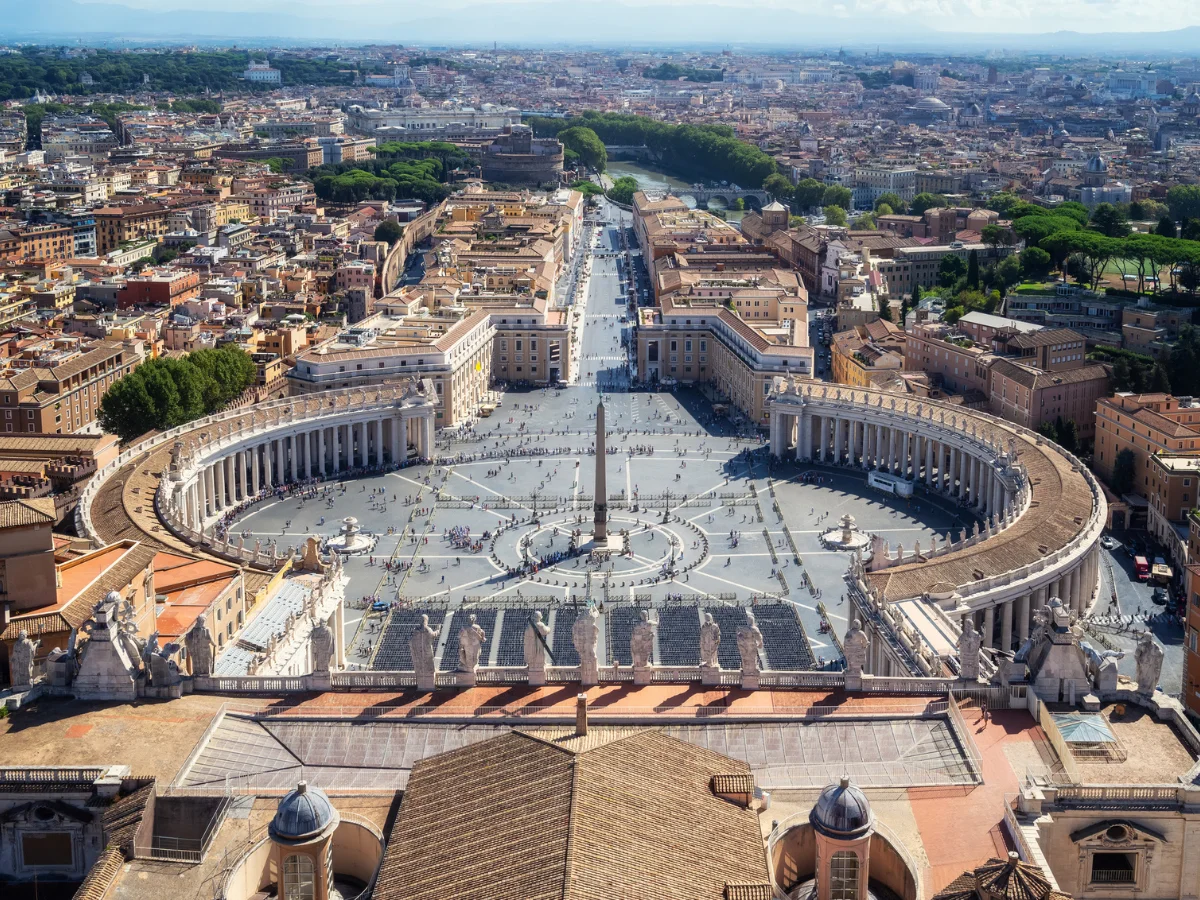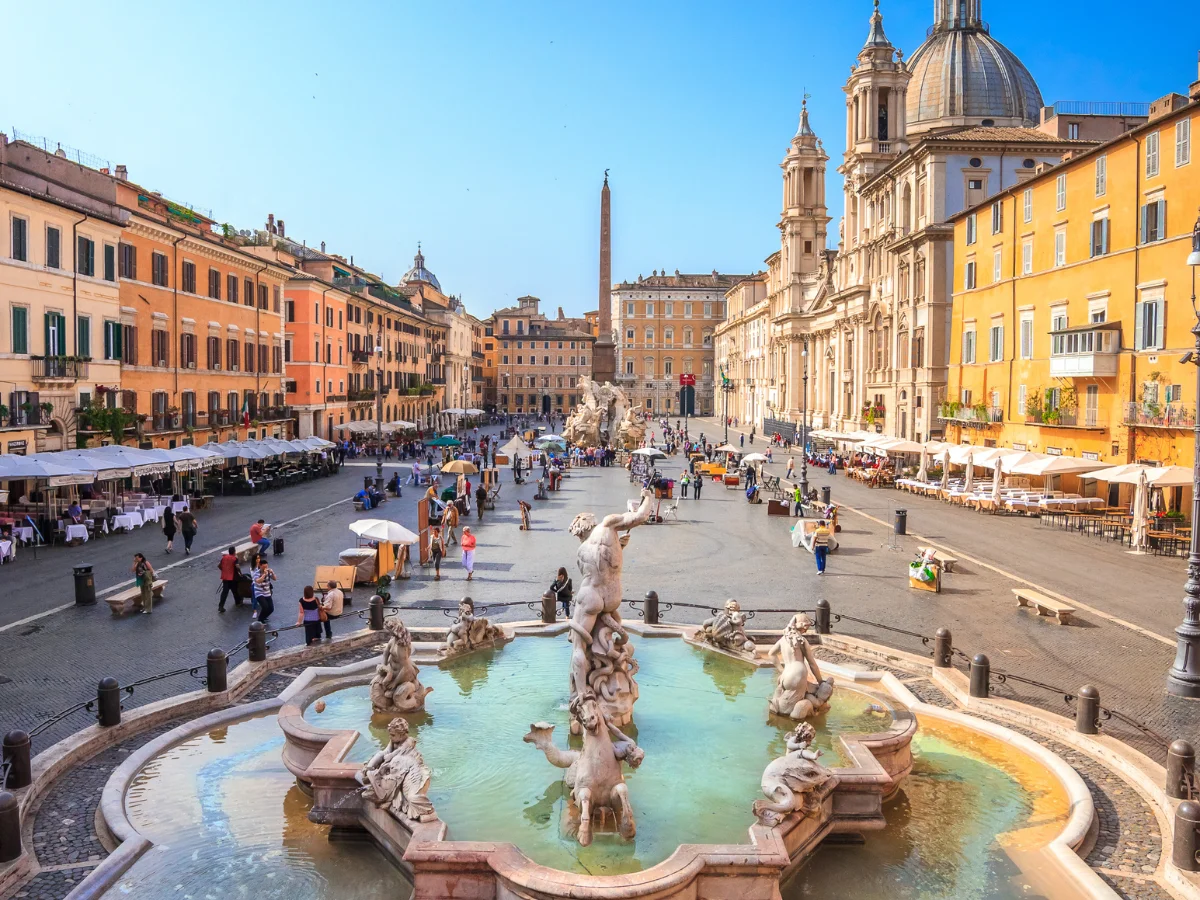Pontifex Maximus served as chief priest and religious authority
Pontifex Maximus served as chief priest and religious authority. Elected by the College of Pontiffs, they oversaw religious rituals and interpreted omens. Their influence extended to legal and political matters, advising the Senate on religious law. Symbolizing the nexus of religion and government, the title persisted throughout Roman history. Even after the rise of Christianity, it continued with the Roman Catholic Church. The legacy of the Pontifex Maximus endures, highlighting the significance of religion in Roman governance. Through their role, they shaped the spiritual and moral landscape of ancient Rome, leaving an indelible mark on history.

Roman Senate: Pontifex Maximus served as chief priest and religious authority
In the Roman Senate, the title of Pontifex Maximus held immense religious significance, as the individual bestowed with this title served as the chief priest of Rome.
Religious Authority
The Pontifex Maximus oversaw the Roman religious calendar, presided over important religious ceremonies, and interpreted omens and signs believed to be messages from the gods.
Custodian of Rituals
They were responsible for ensuring that religious rituals and sacrifices were performed correctly and in accordance with tradition, maintaining the favor of the gods and the well-being of the state.
Legal and Political Role
In addition to their religious duties, the Pontifex Maximus played a legal and political role, advising the Senate on matters related to religion and morality and interpreting religious law.
Election and Term
The Pontifex Maximus was elected by the College of Pontiffs, a body of priests responsible for overseeing religious affairs, and held the position for life.
Symbol of Authority
The title of Pontifex Maximus symbolized the close connection between religion and government in ancient Rome, with the chief priest wielding significant influence over both spiritual and secular matters.
Continued Influence
Even after the rise of Christianity and the decline of paganism, the title of Pontifex Maximus persisted, eventually being adopted by the Roman Catholic Church for the Pope, the spiritual leader of Christianity.
Legacy
The legacy of the Pontifex Maximus endured throughout Roman history. Serving as a reminder of the importance of religion in Roman society and the intertwining of religious and political authority.
Conclusion
In conclusion, the Pontifex Maximus held a central role in the Roman Senate. Serving as the chief priest and custodian of religious tradition. Their influence extended beyond matters of faith to encompass legal and political realms. Shaping the spiritual and moral fabric of Roman society. Despite the passage of time, their legacy as guardians of religious and moral authority remains integral to understanding the complexities of Roman governance and the role of religion in shaping ancient civilizations.



